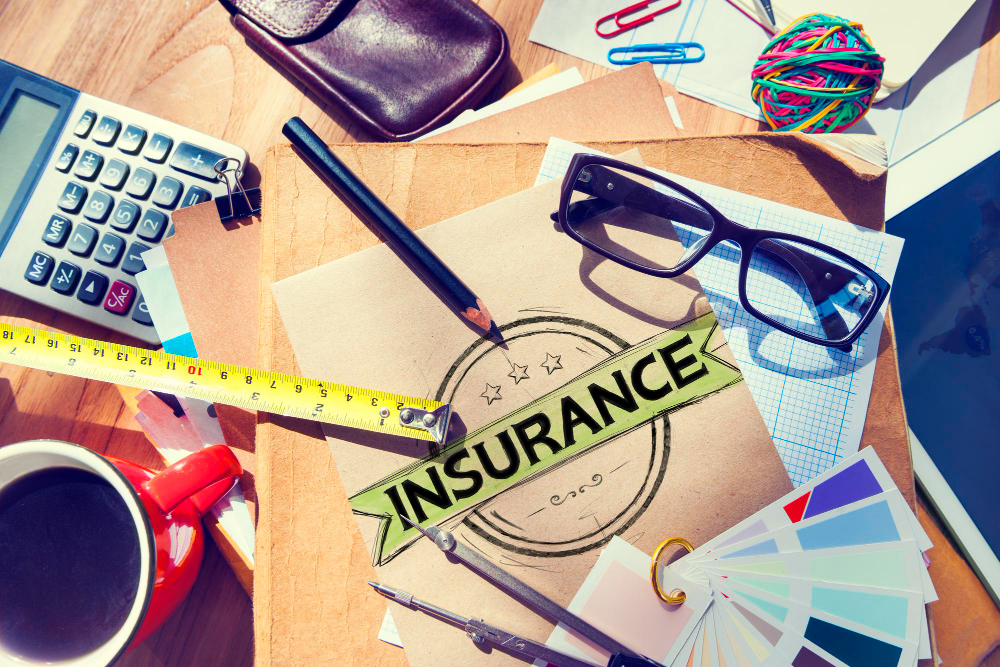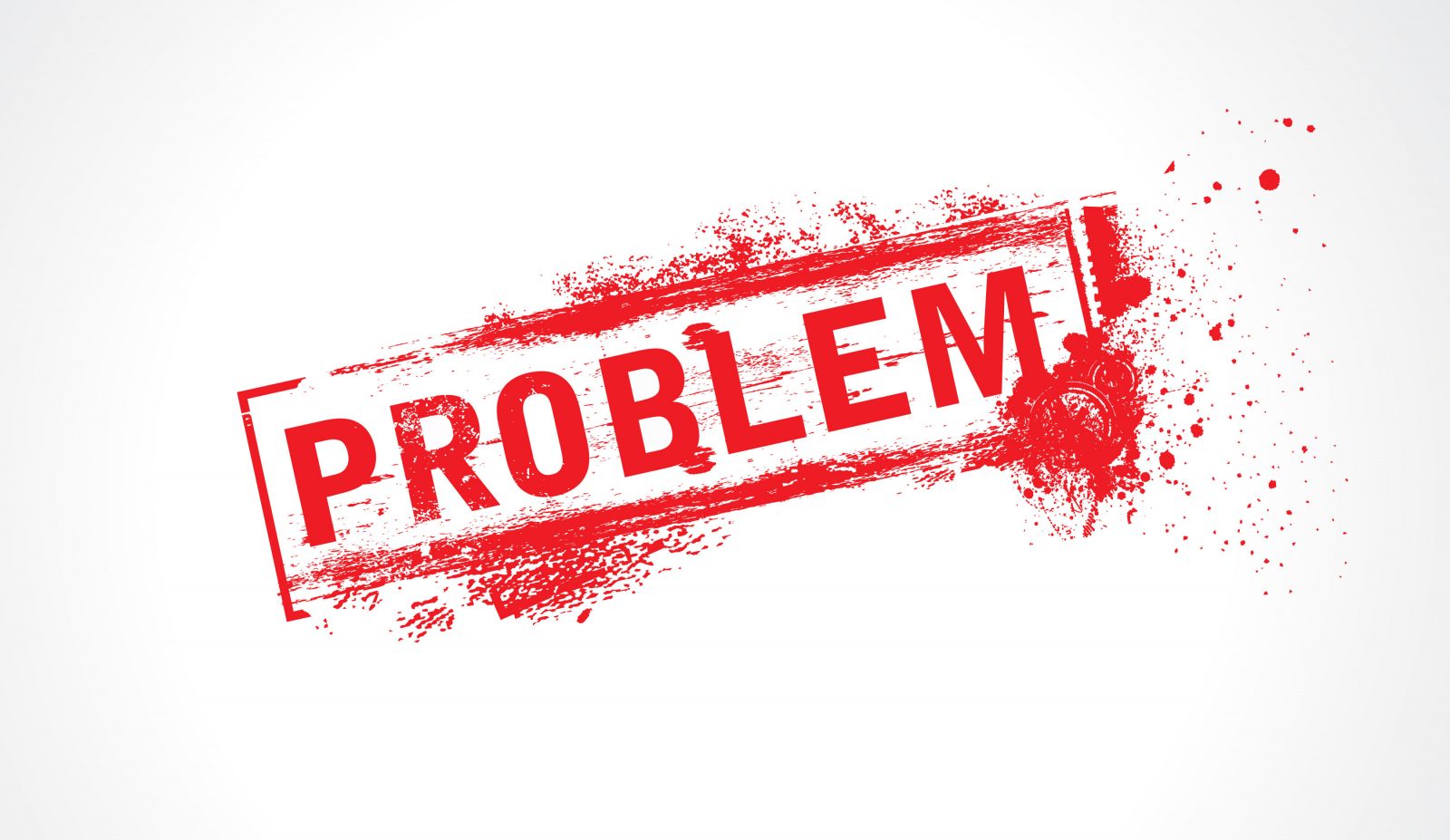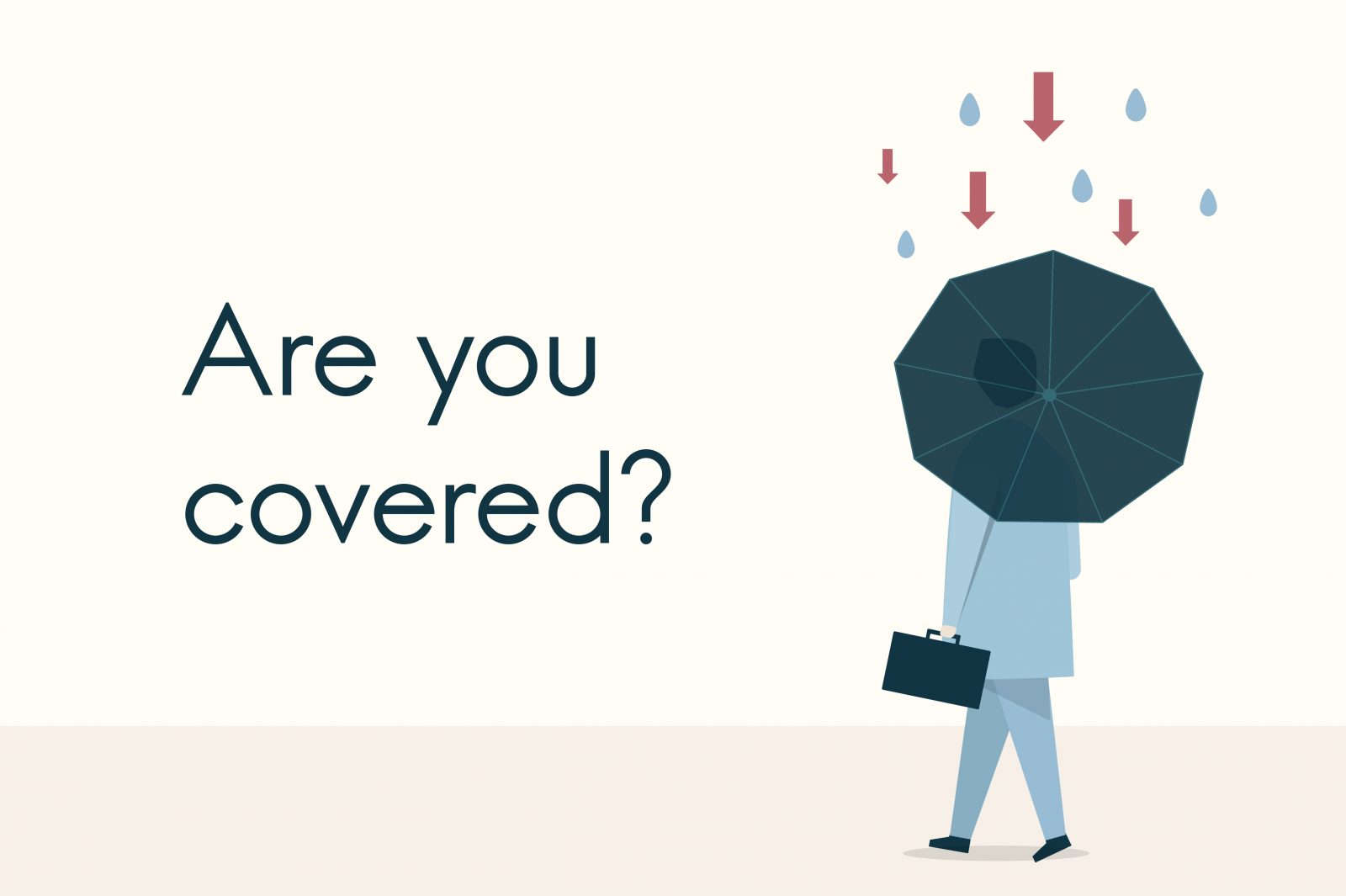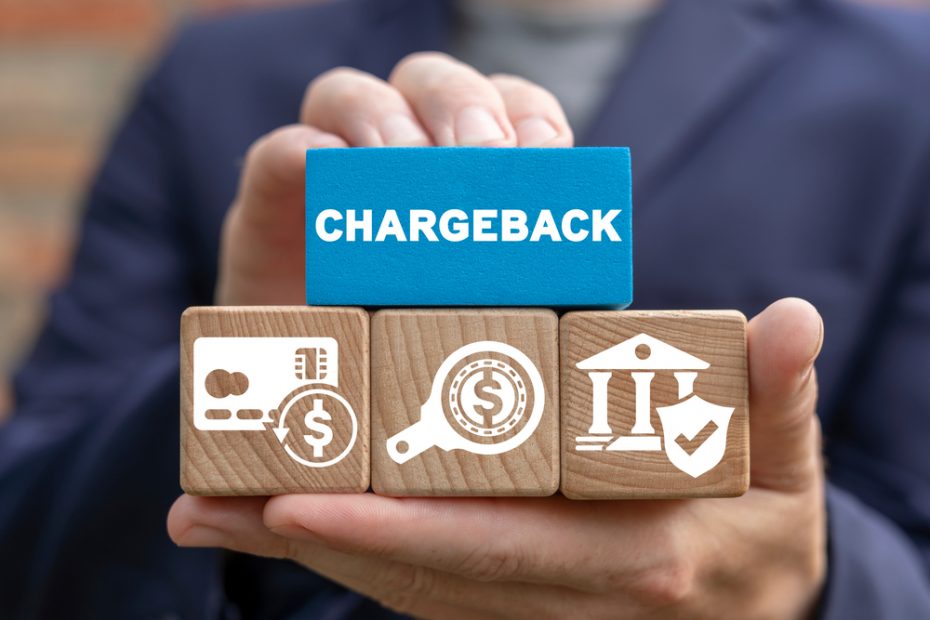Merchants have a variety of ways to deal with the chargeback. Due to a larger amount of chargebacks filed, it’s crucial now more than ever for businesses to prevent chargebacks and save that money to put toward their bottom line.
One of the essential ways that merchants prevent chargebacks is through chargeback insurance. Understanding what chargeback insurance protects against and how it covers the gaps in your business can be beneficial to your overall business health.

What Is A Chargeback?
A chargeback happens when a customer notifies the card issuer that a purchase made with a merchant was unauthorized or problematic and requests a refund for the charge. The card issuer withdrawals the money from the merchant account and returns it to the customer’s account.
This process doesn’t need merchant consent because of liability, and it is a customer protection tool. However, merchants can choose to dispute chargebacks.
What Is Chargeback Insurance?
Chargeback insurance is an insurance policy that helps to reimburse merchants for the costs of a chargeback in exchange for a flat or percentage fee on the transactions. The most common type of chargeback insurance is also known as a chargeback guarantee or chargeback warranty.
How Does Chargeback Insurance Operate?
Like any other insurance, chargeback insurance varies across providers on how it works.
However, here are some things to consider about how chargeback insurance works.
- Chargeback insurance doesn’t offer complete protection for every chargeback. Most providers only insure chargebacks related to fraud and not items not received chargebacks or chargebacks that are a result of merchant error.
- Some chargeback insurance providers may charge a flat monthly fee, and others charge per transaction or chargeback.
- Reimbursement varies. Some providers cover the cost of lost services or products, and others cover the chargeback value cost.
- Some insurance providers’ coverage is dependent on the purchase being made through a specific payment processor or gateway that is established and provides adequate protection.
- Some providers may have a cap on the number of chargebacks covered.
- Chargeback insurance only covers money reimbursement and doesn’t focus on the prevention of chargebacks. However, some chargeback insurance providers provide a fraud prevention product with their insurance.
Problems With Chargeback Insurance

Just like most business solutions, chargeback insurance isn’t a one-size-fits-all solution. Even when you research and research to select the right chargeback insurance, it will only take care of part of the problem. Chargeback prevention companies are also a necessary tool to prevent chargebacks from happening in the first place.
Insurance, in general, also has its own issues, including conflict of interest. The merchant that is insured wants as many chargebacks to be honored as possible, while the chargeback protection for merchants wants to pay out as little as possible.
What Is A Chargeback Guarantee?
Some chargeback insurance providers offer fraud prevention with their insurance. The rationale behind this is that the merchant is the one who makes the decision to approve or decline the transaction and shoulders the liability when the wrong choice is made.
What Does Chargeback Insurance Cover?

Every chargeback insurance policy is different, but they all seem to have one thing in common, which is that only chargebacks from fraud are eligible for reimbursement. Additionally, to qualify for reimbursement, a fraud chargeback needs to meet several requirements, including:
- The chargeback has to be reviewed and approved by the merchant’s technology.
- You must submit the reimbursement request within a certain timeframe.
- You must have proof of delivery of an item, such as a tracking number or usage log.
- The purchased goods have to have been shipped before the chargeback notification occurred.
What Does Chargeback Insurance Not Cover?
Chargeback prevention companies typically don’t cover chargebacks unrelated to fraud. Chargeback insurance typically also only covers criminal fraud and not friendly fraud. Also, the provider may not cover chargebacks from:
- Failed Deliveries
- Merchant errors such as incorrect charges, recurring transaction errors, or delivery of damaged or wrong goods.
- Specific types of products or services
- Purchases made in high-risk regions
- Orders that were modified after initial approval of a fraud prevention tool
- Purchases automatically flagged as fraud that are manually approved after flagging.
Some chargeback prevention companies have further requirements for paying for a chargeback. They may also have specific coverage limits for chargebacks covered.
Does Chargeback Insurance Offer Adequate Protection?
Chargeback insurance can be an excellent addition to your chargeback prevention solution, but it shouldn’t be the only form of protection that your business relies on.
There are some fundamental reasons that your business shouldn’t solely depend on chargeback insurance, including:
1. Chargeback Insurance Is An Additional Expense
Chargeback insurance typically involves a monthly premium or payment per transaction. Due to the fact that chargeback insurance is limited in coverage, paying for the policy can occasionally result in a negative return on investment.
You will also need to consider other business expenses and consider if chargeback insurance is worth it for your business.
2. Insurance Could Cause False Positives
Chargeback prevention companies take the risk of compensating your business for claims, but it is also in their best interest to reduce the occurrence of claims. To prevent claims, some insurers will have strict requirements that reject potentially fraudulent purchases.
Although this will help with your chargebacks, it can also lead to false positives, which are legitimate transactions that are incorrectly flagged as being fraud. As a result, a sale is rejected, and you have lost out on revenue and potentially created a dissatisfied customer.
3. Chargeback Insurance Doesn’t Prevent Chargebacks
Chargeback insurance doesn’t prevent a chargeback from taking place; they just help your business, so you don’t lose as much money. Insurance won’t prevent chargebacks from impacting your business’s chargeback-to-purchase ratio or breaching your chargeback threshold.
Alternative Methods To Chargeback Insurance
Fraud prevention tools are definitely recommended for most businesses; however, you should choose the proper prevention for you based on effectiveness rather than any chargeback insurance they provide.
With chargebacks, the way to handle them is through a combination of prevention and recovery. Evaluating the root causes of your chargebacks can allow you to figure out how to prevent them, and specific tools such as chargeback alerts can help you to stop chargebacks before they happen.
Recovery includes fighting illegitimate chargebacks and knowing how to do this effectively. If you don’t know how to fight chargebacks, you aren’t alone. With chargebacks becoming more frequent, it is becoming common to outsource chargeback management to professionals.
Chargeback mitigation services that can control the entire chargeback lifecycle and create effective dispute strategies can help to manage friendly fraud and make the process more seamless for your business.
These services also help your business to analyze data that can discover factors that create most of your chargeback volume. This protection further helps with dispute prevention beyond the help provided by chargeback insurance.
How To Protect Your Business By Preventing Chargebacks
There is no way to completely get rid of chargebacks, but there are several things you can do to prevent them from happening, including:
- Using Address Verification: This will check the customer’s address to ensure it matches the one that the card company has on file.
- Prevent Error: Prevent errors with data entry or other merchant errors that cause chargebacks.
- Provide Customers With Contact Information: Give your email address and phone number to customers to allow them to reach out to you directly with any issues.
- Track Delivery: Track delivery of your items to ensure that they are reaching the customer.
- Require CVV Numbers: For online orders, require customers to enter their card CVV to allow you to track transactions.
- Authentication: Authentication such as 3D secure creates additional security to protect your business from chargebacks. 3D secure send you details such as name verification for the issuing bank.
Final Thoughts
While chargeback insurance may sound like the ideal solution for your business, it isn’t the only solution. Chargeback insurance provides limited coverages, added costs, and no support for fraud prevention.
Chargeback insurance is still useful for recovery against legitimate fraud but operates best with other chargeback prevention methods included.
Emerchantbroker can save your business a lot of effort when it comes to chargebacks with chargeback protection. Emerchantbroker offers effective chargeback management solutions to prevent chargebacks, reduce chargebacks by 15 to 30 percent, and keep track of your business.
Check out Emerhcantbroker’s chargeback protection today to increase your business revenue and prevent expensive chargebacks.


